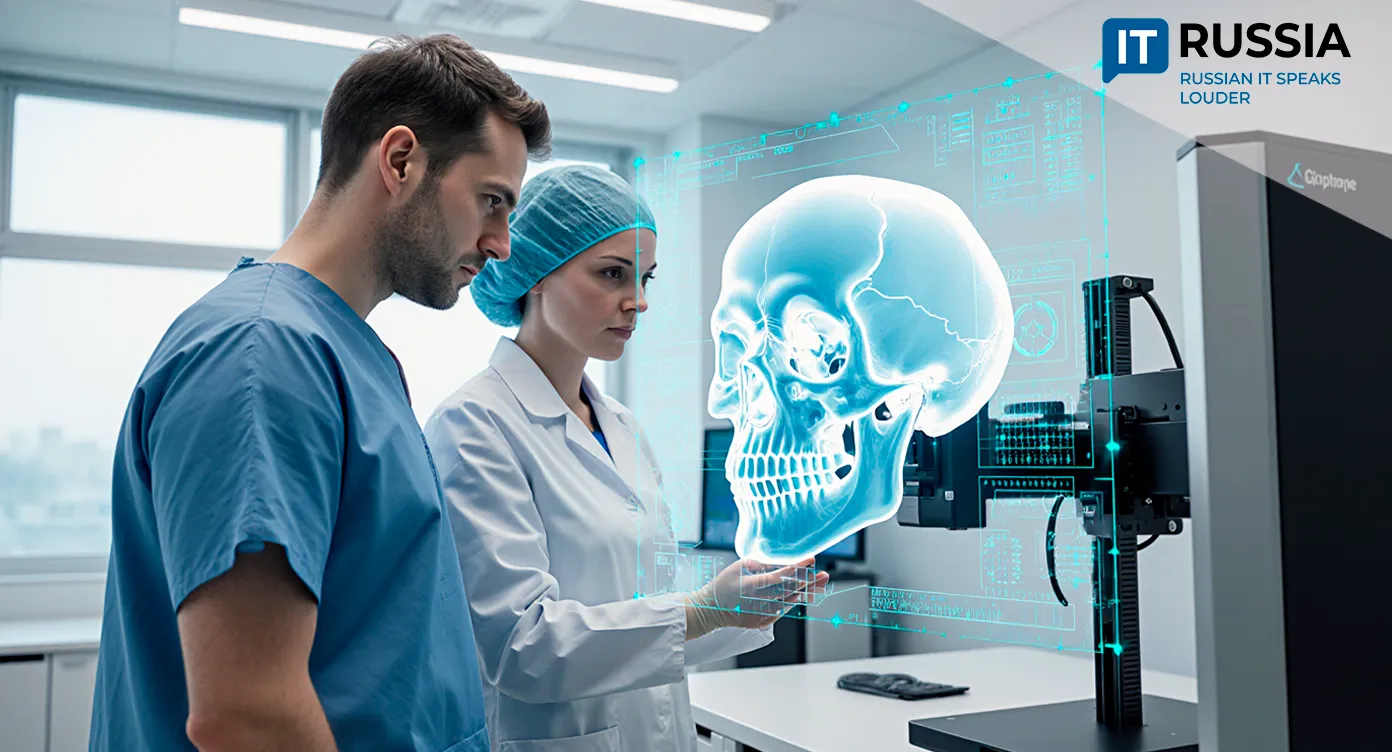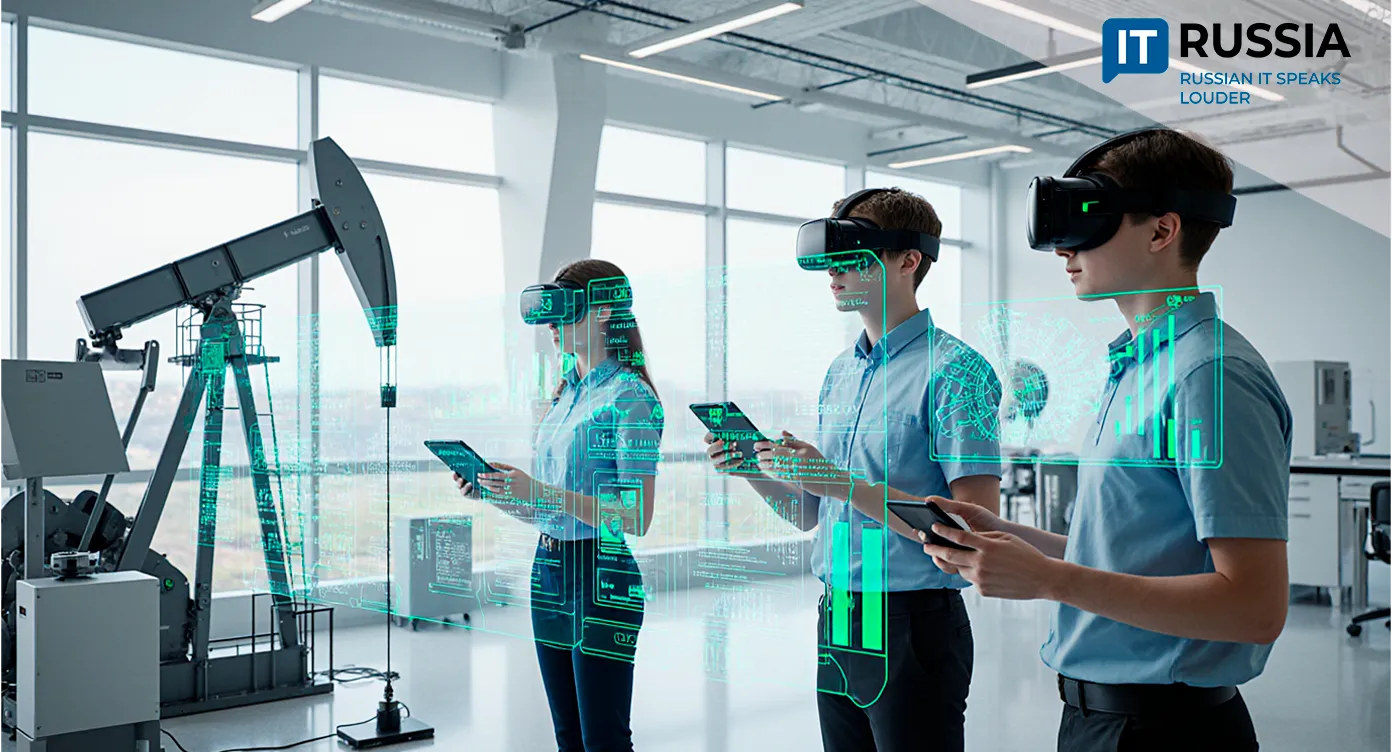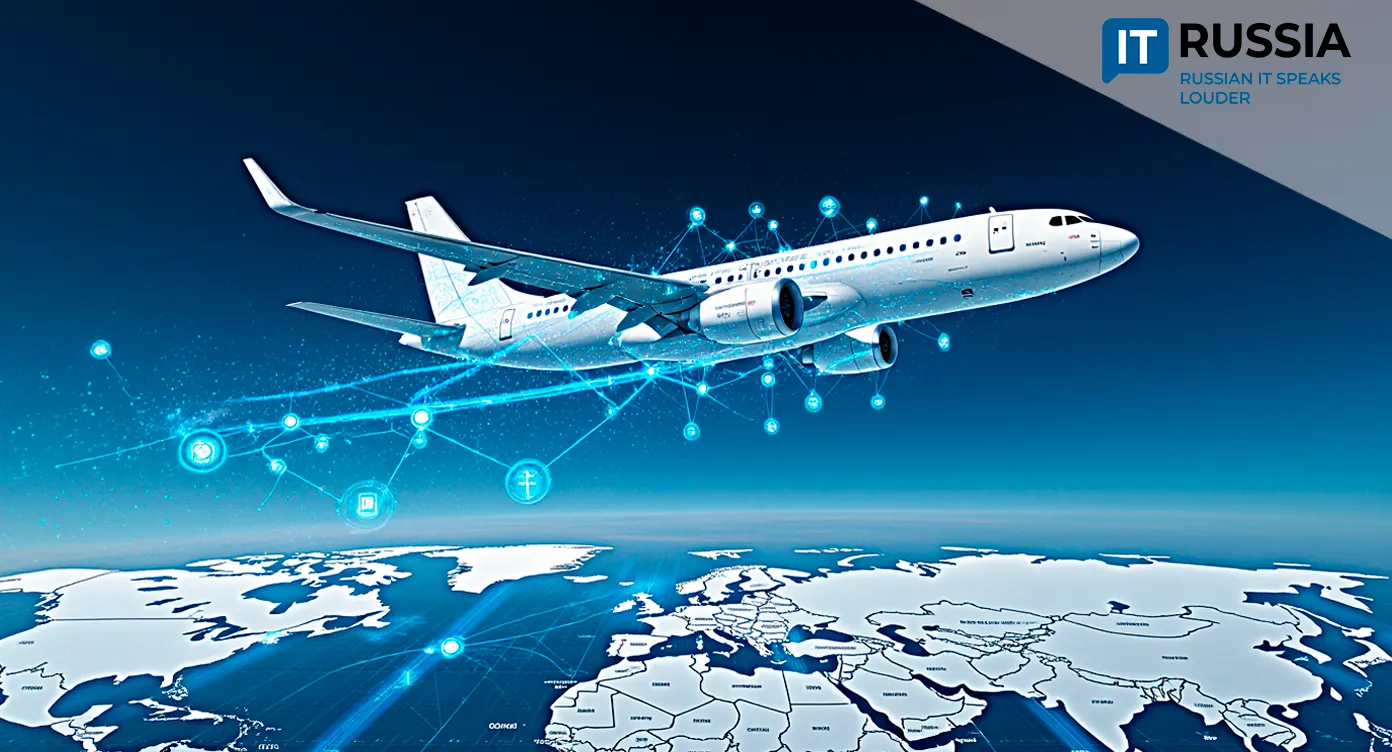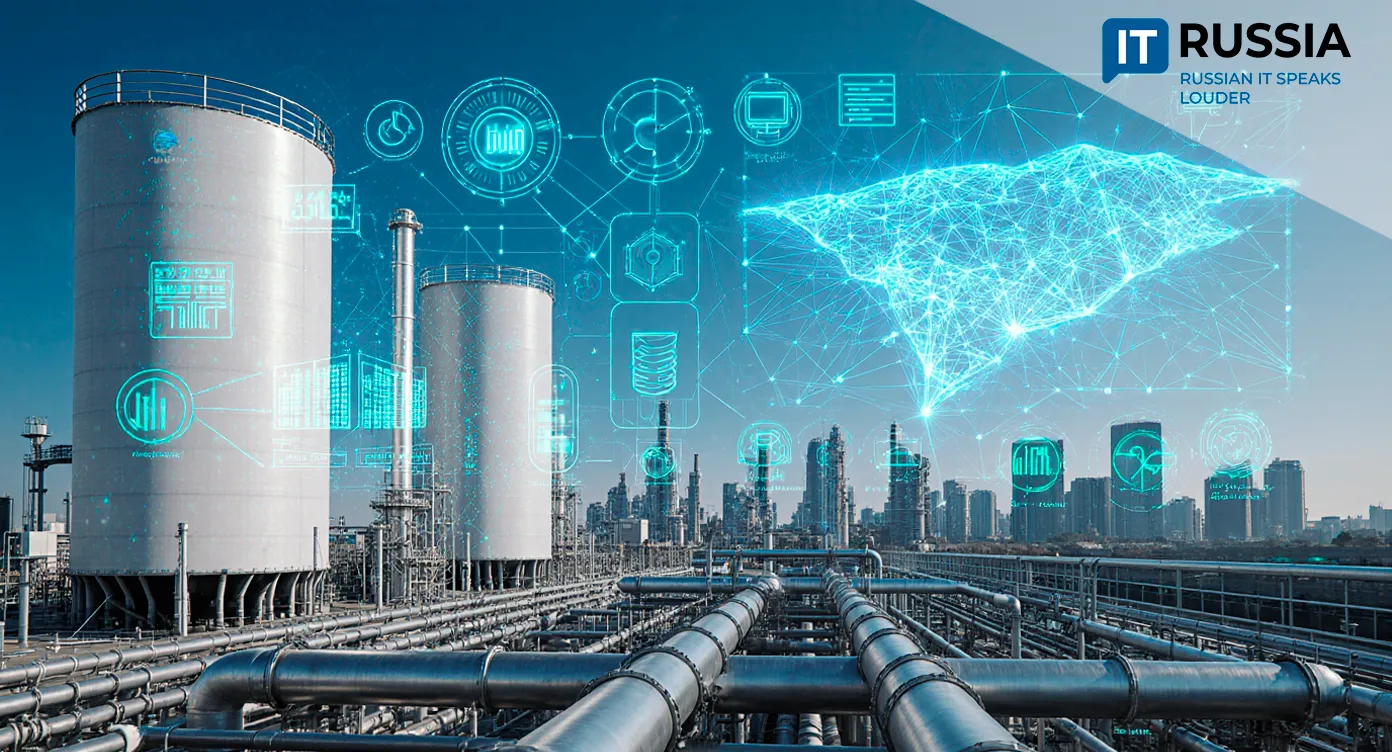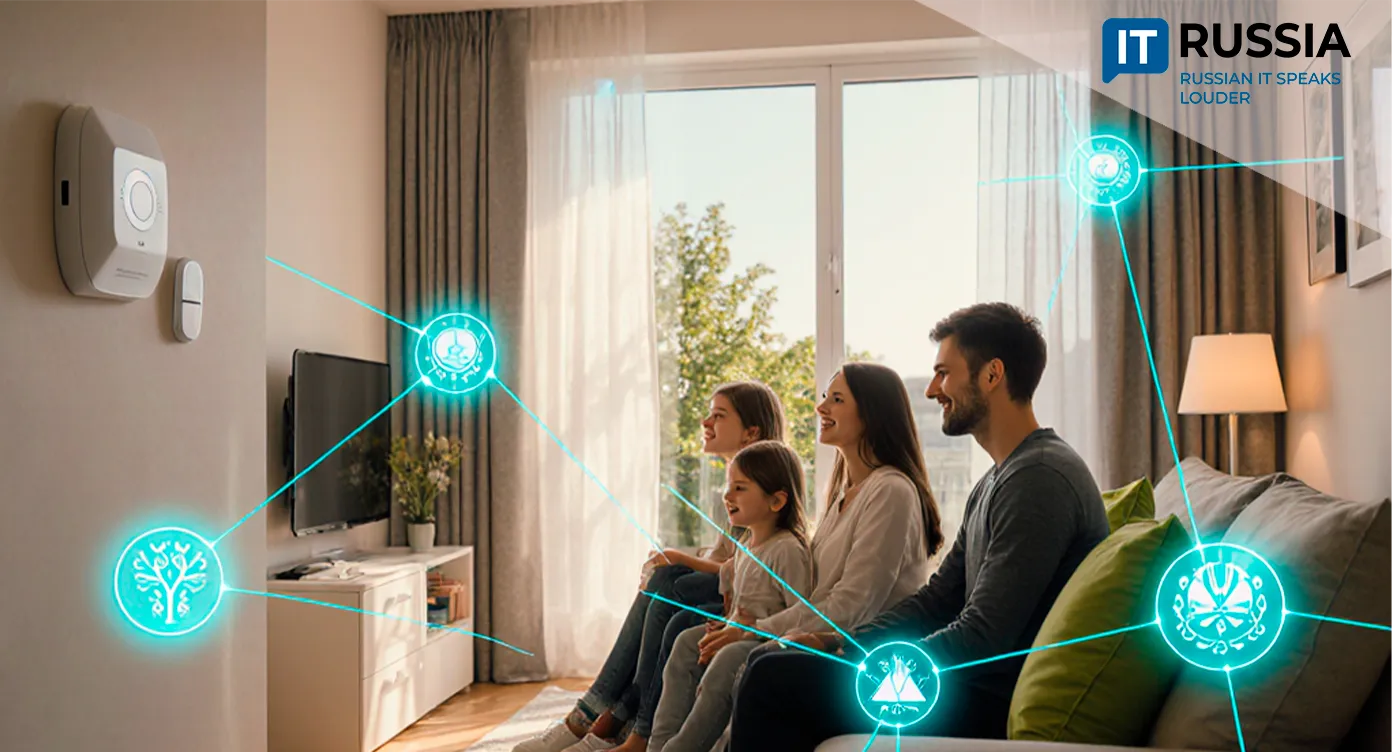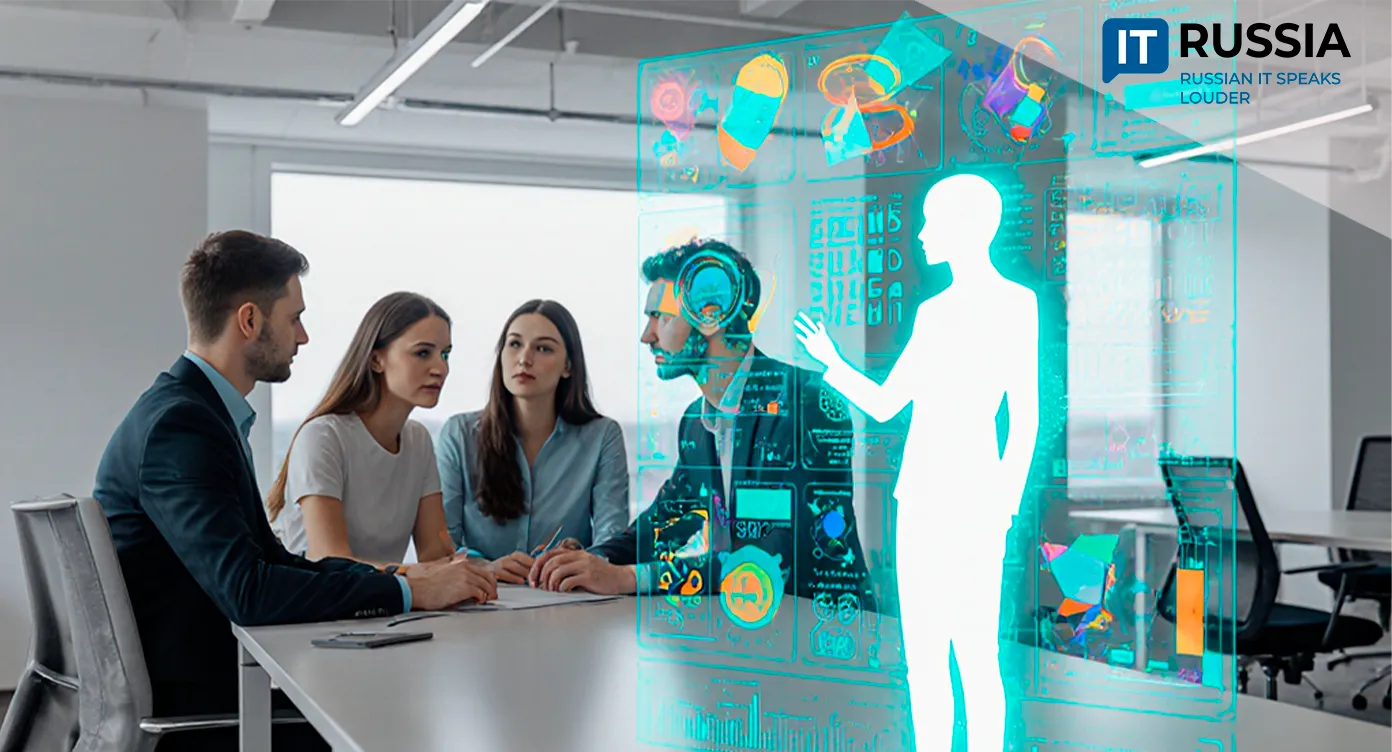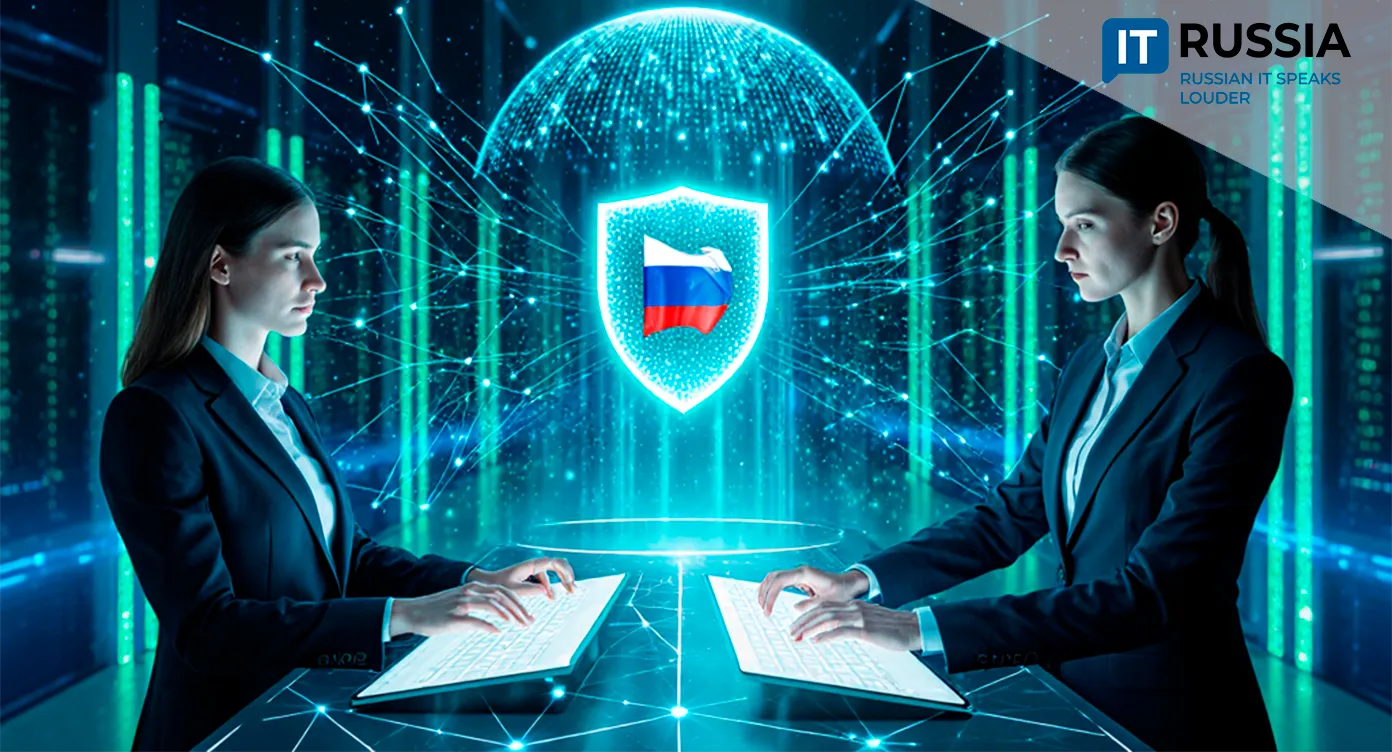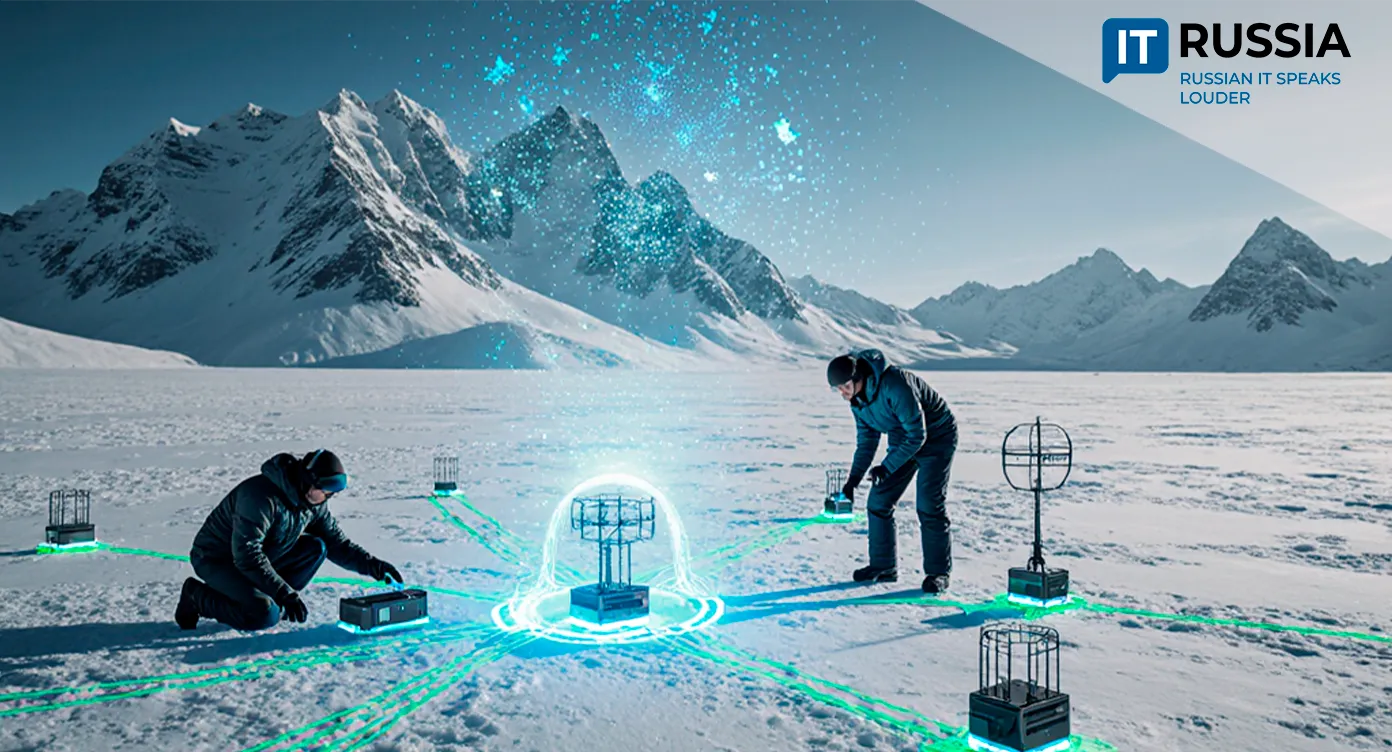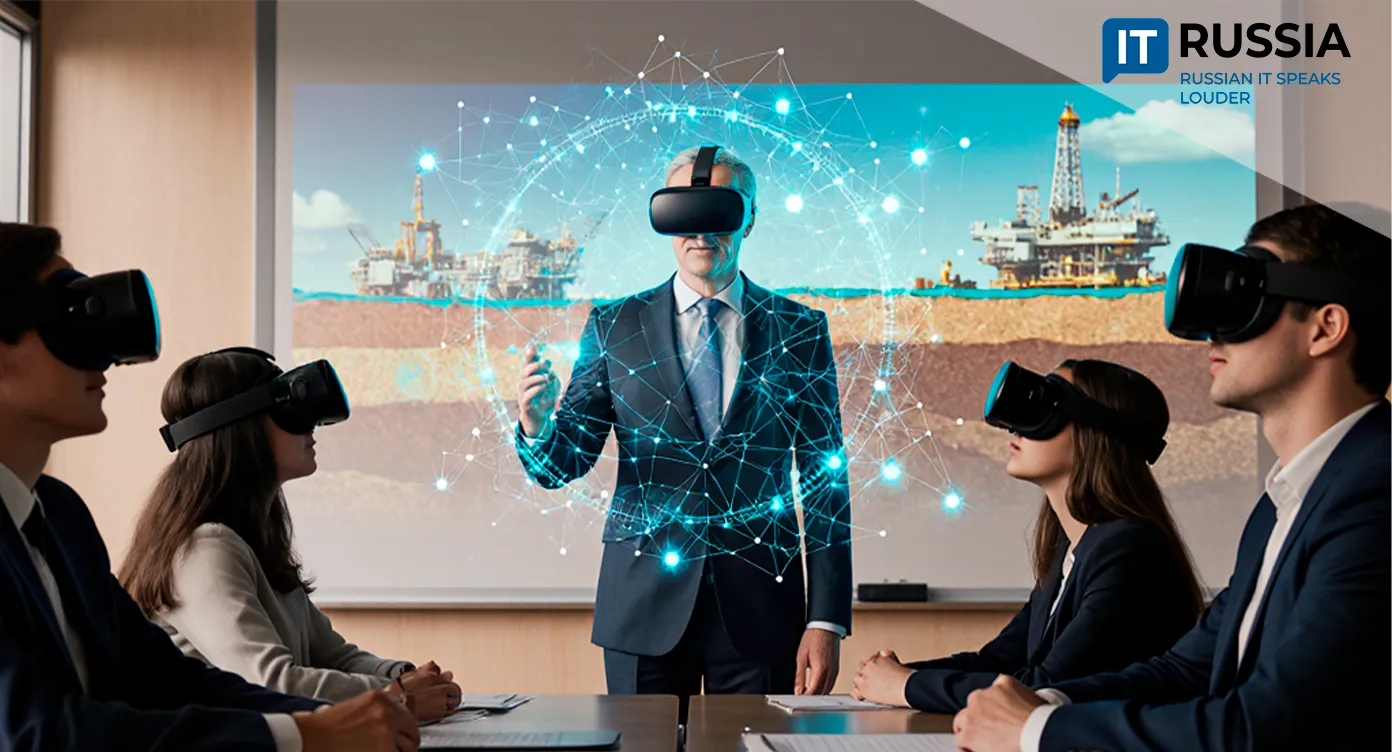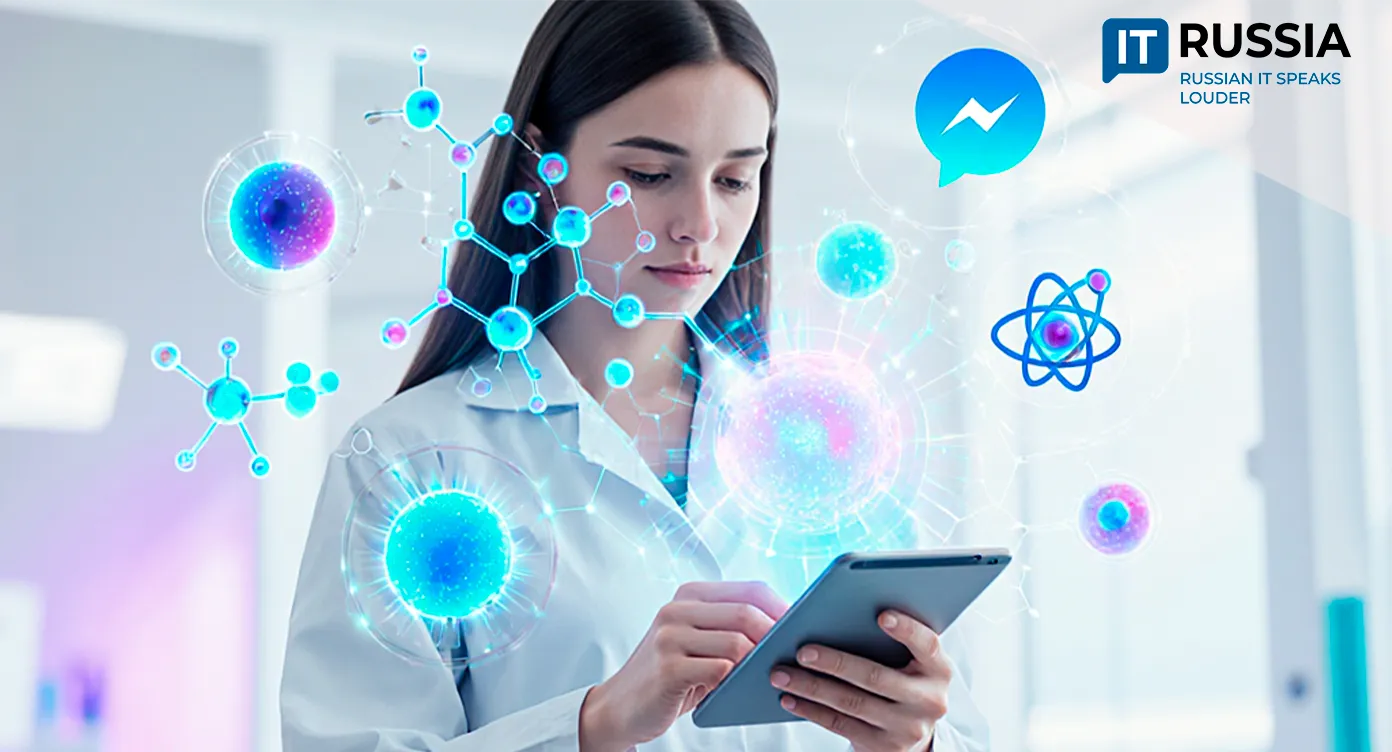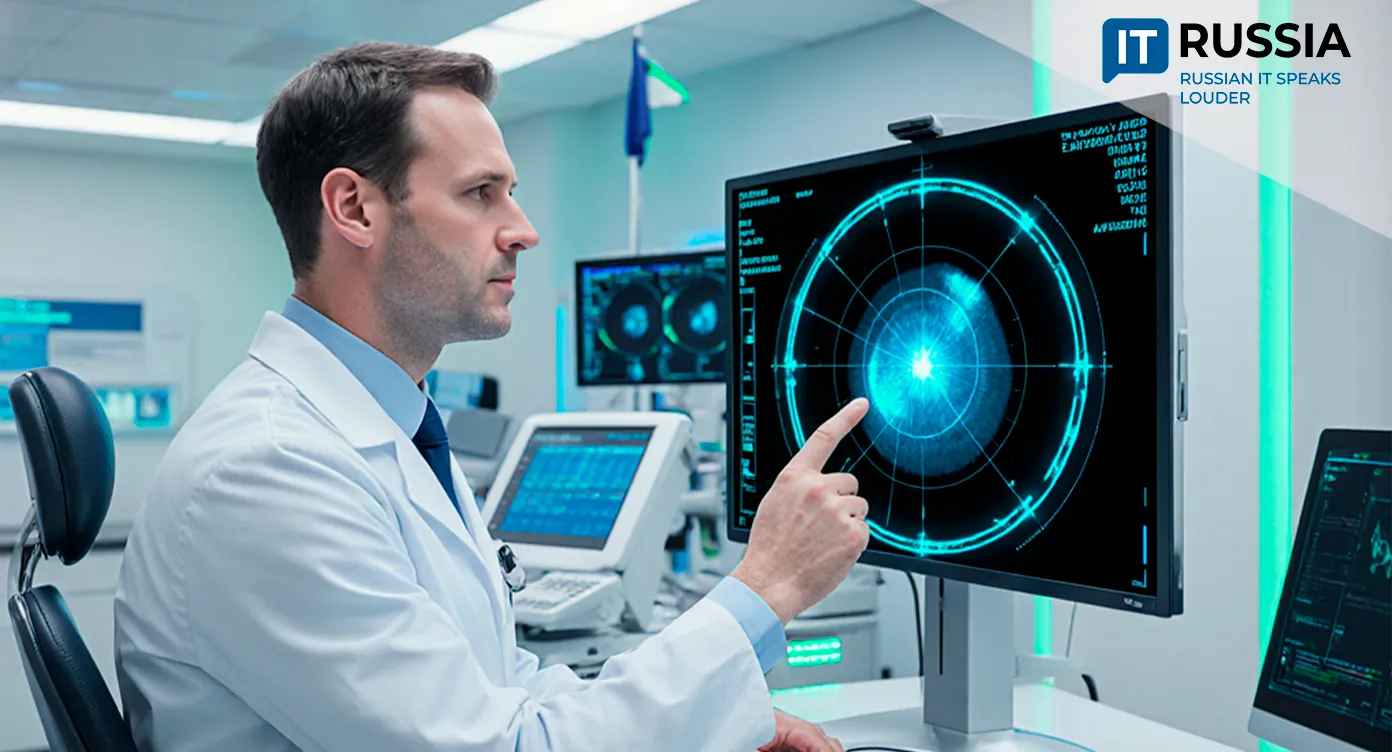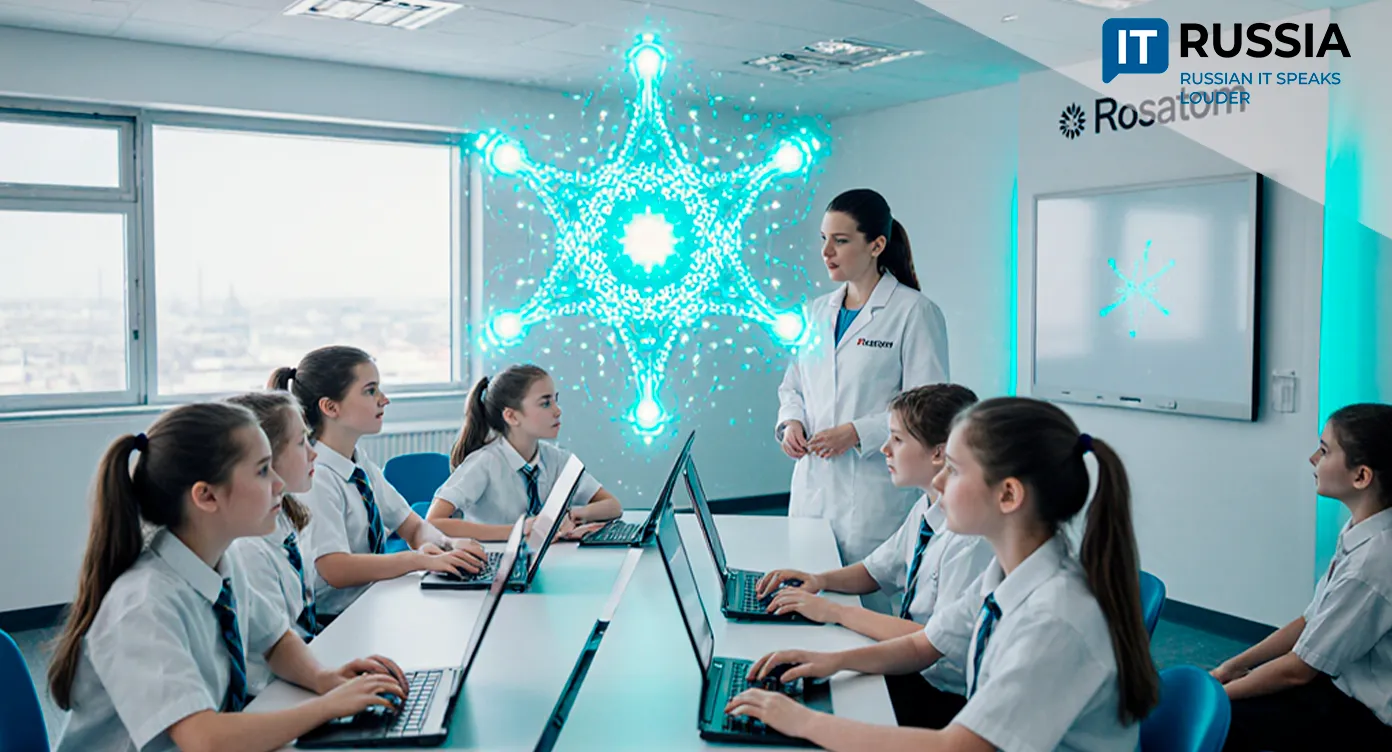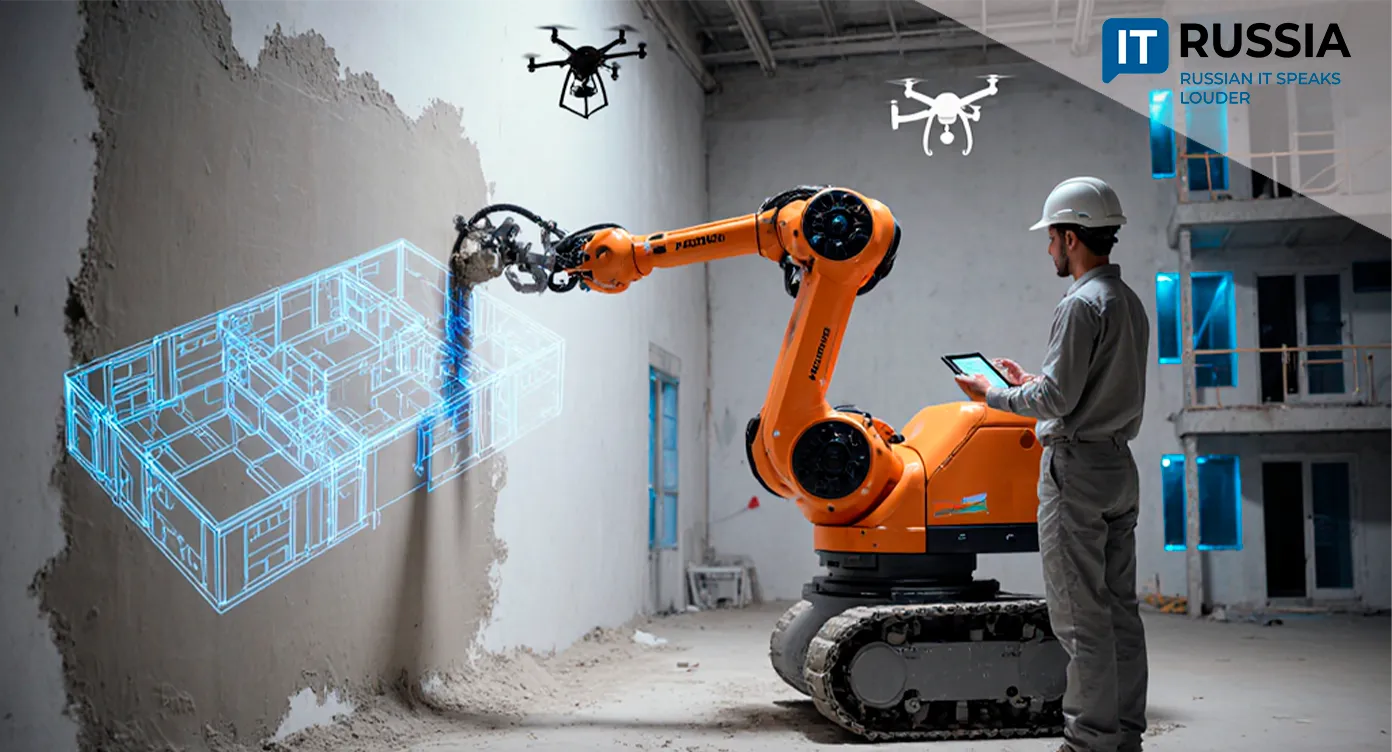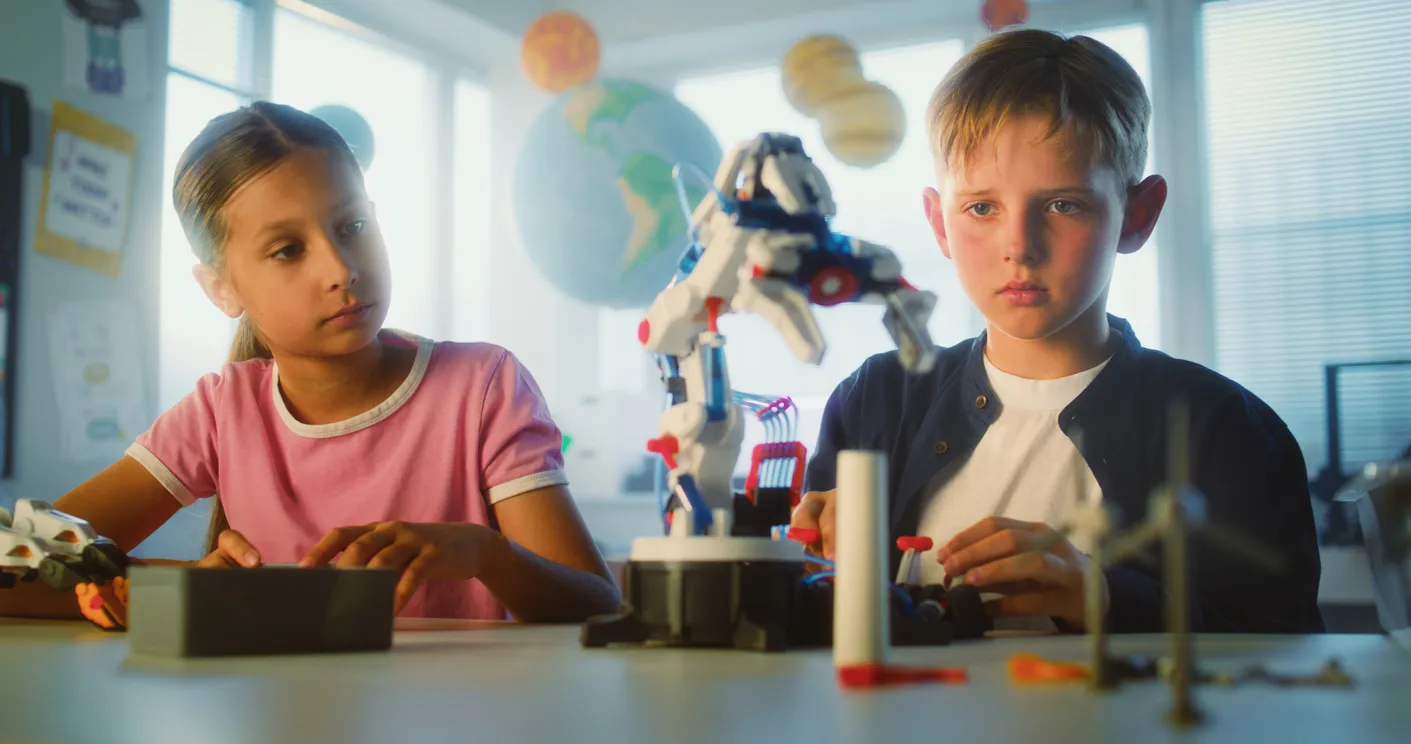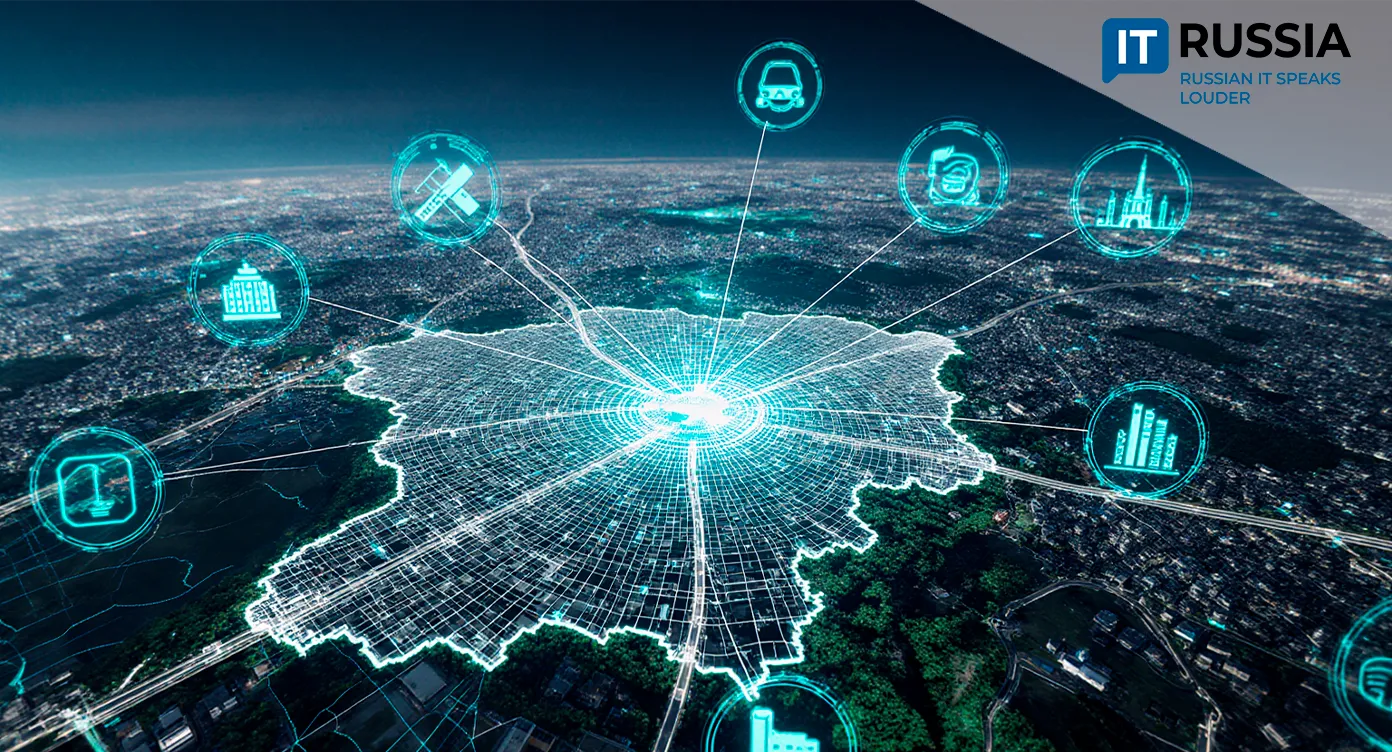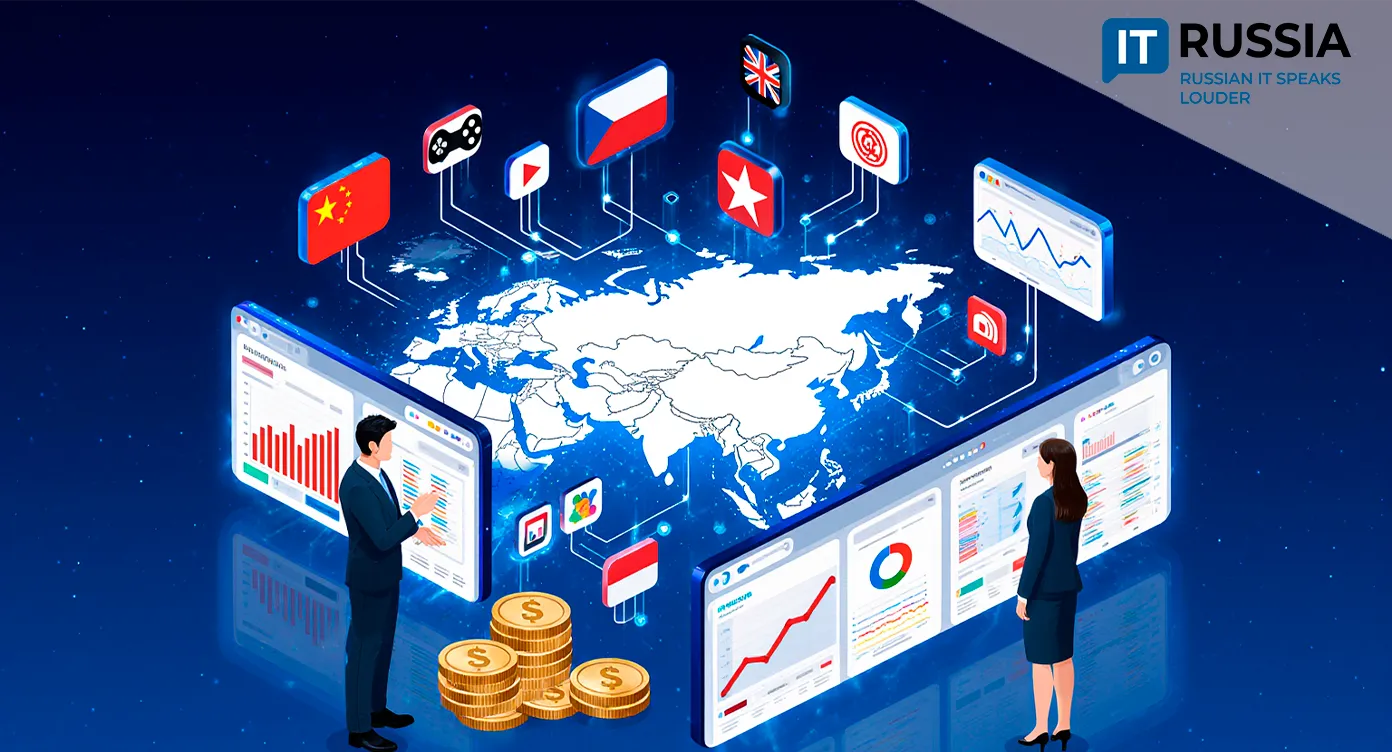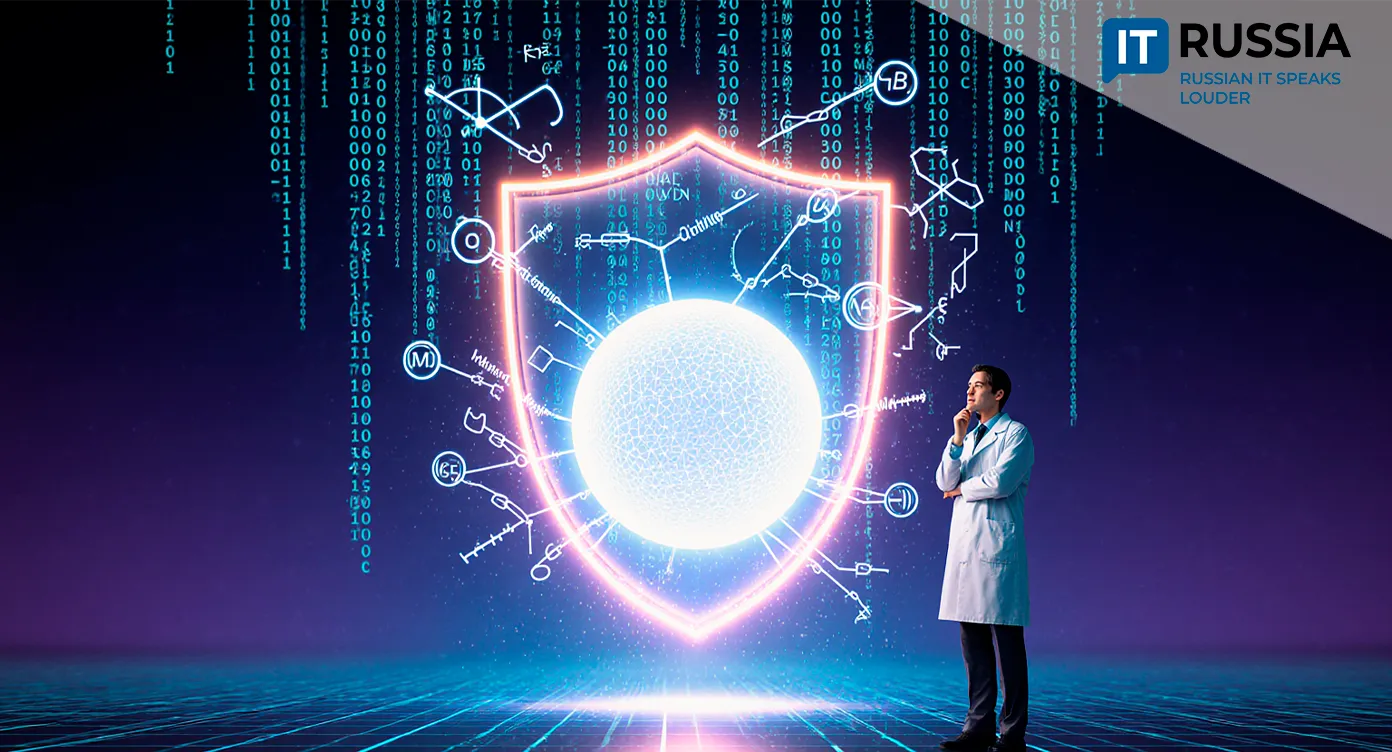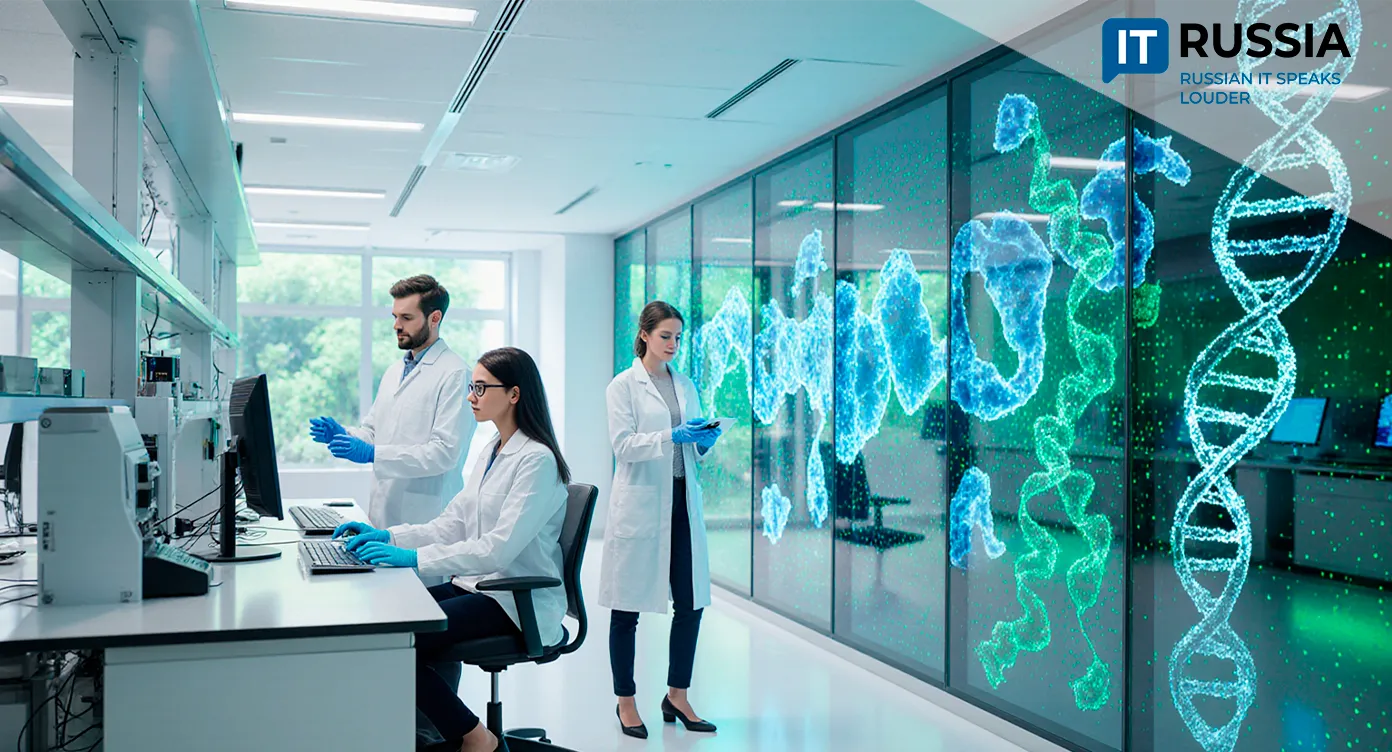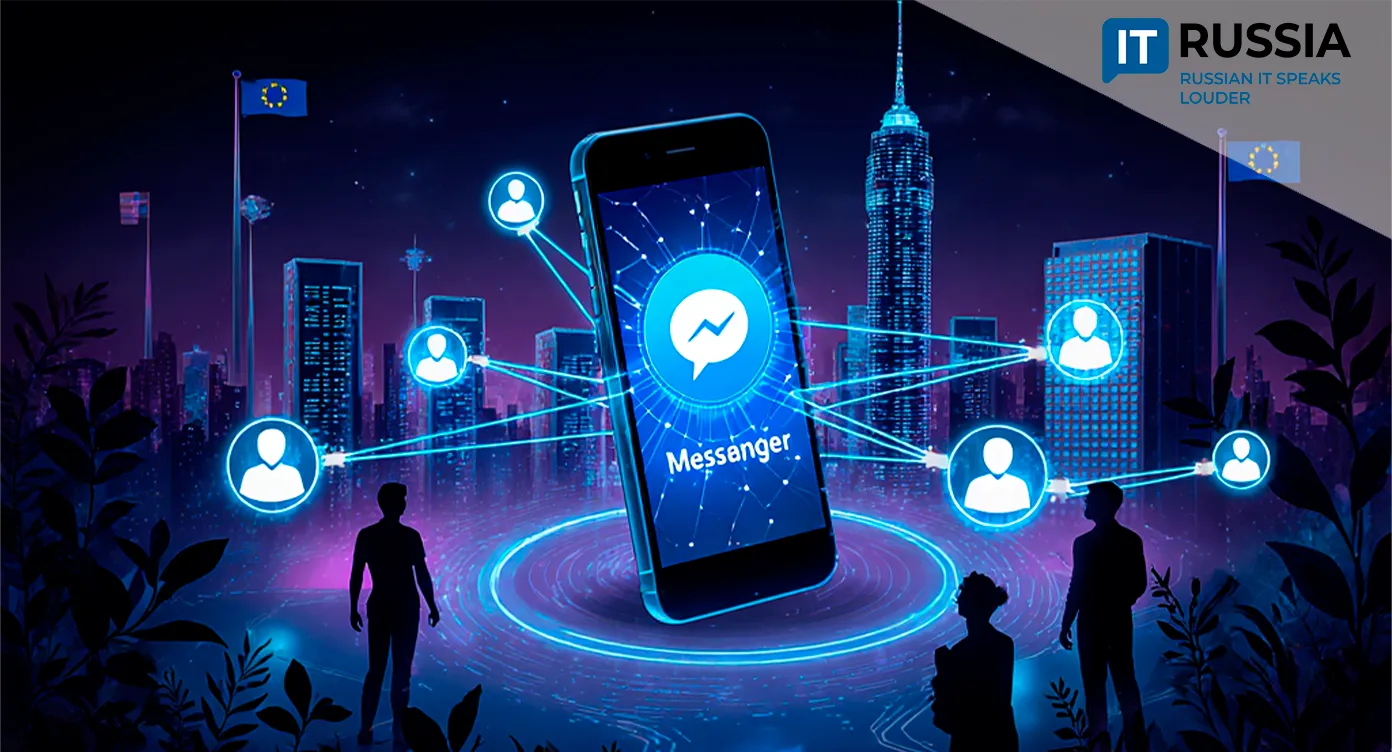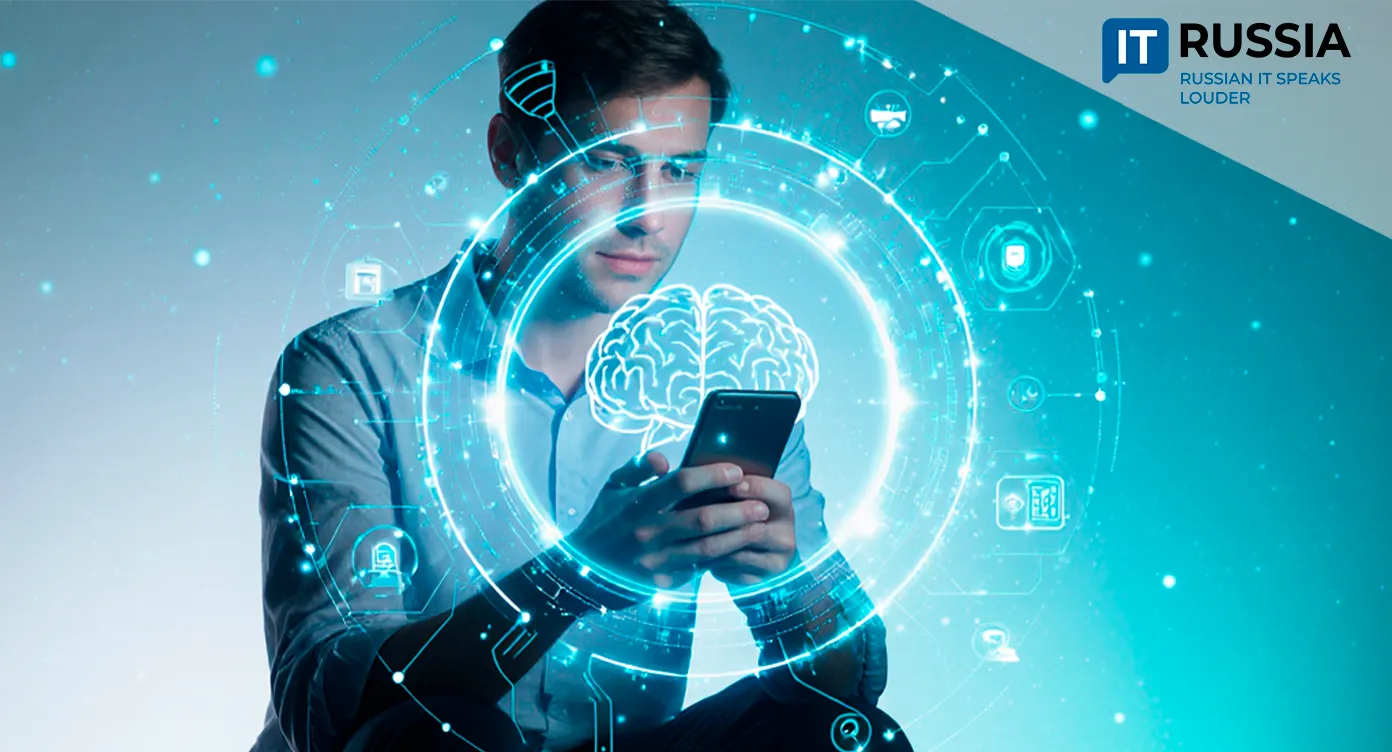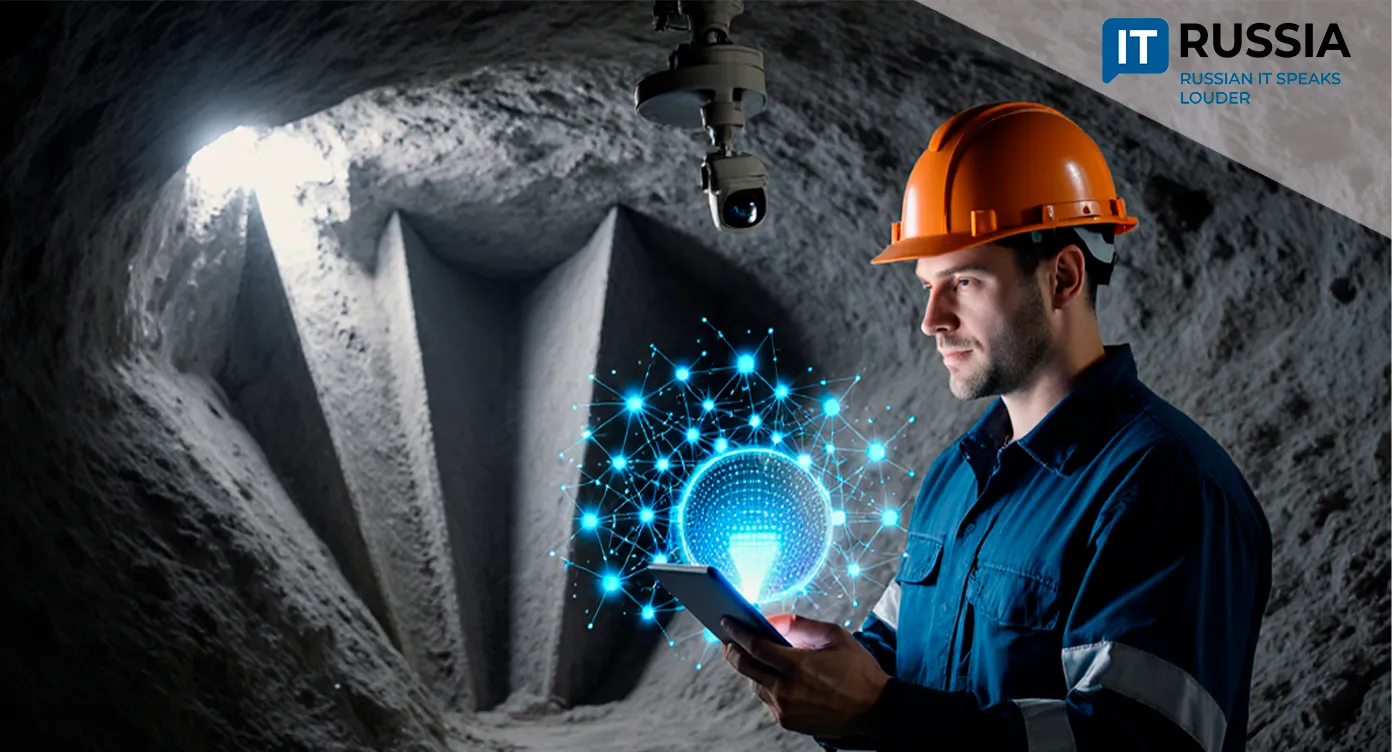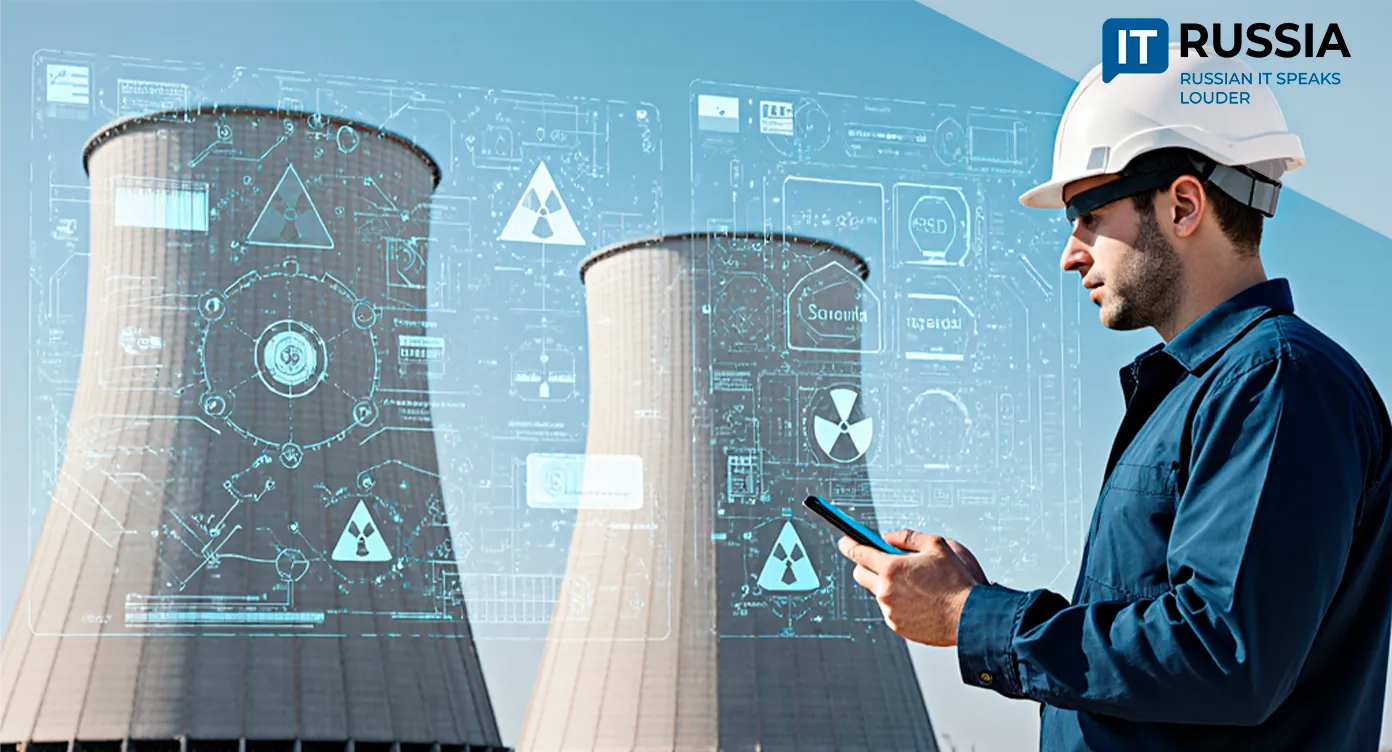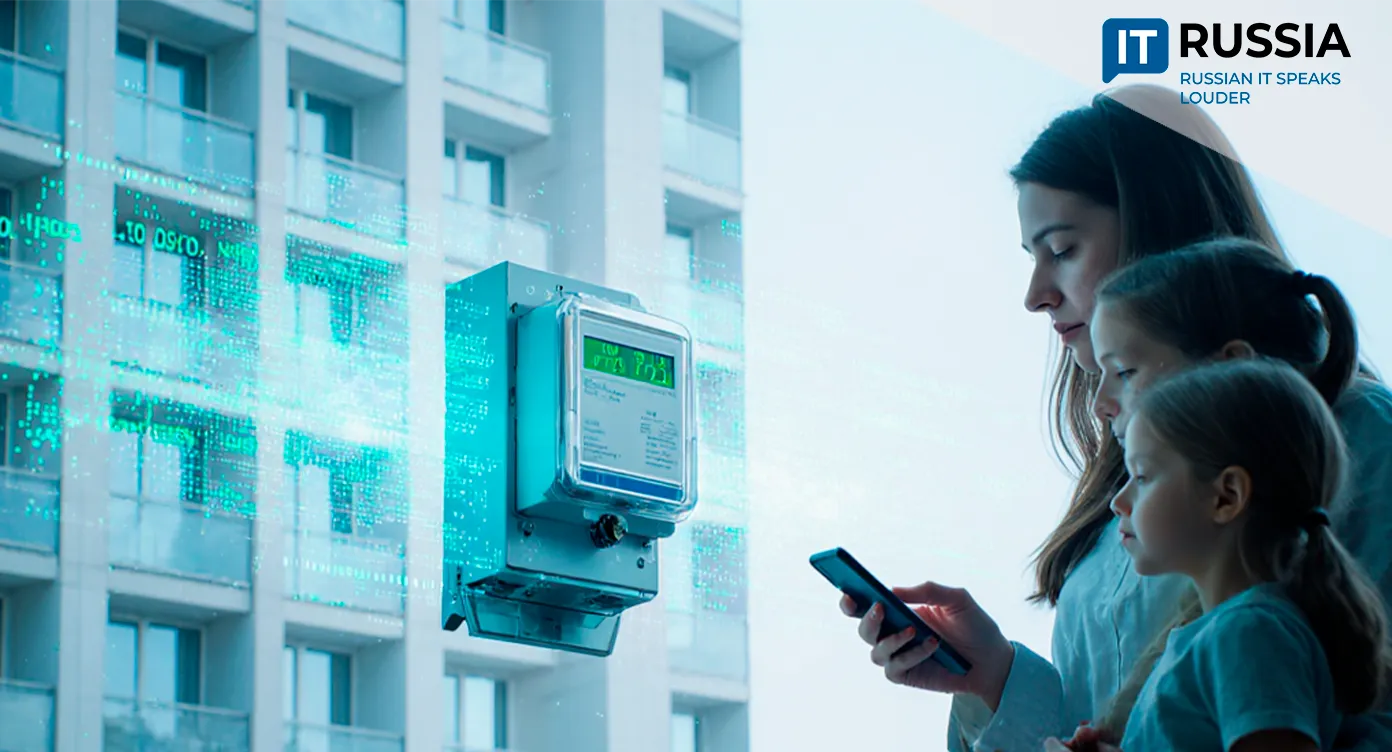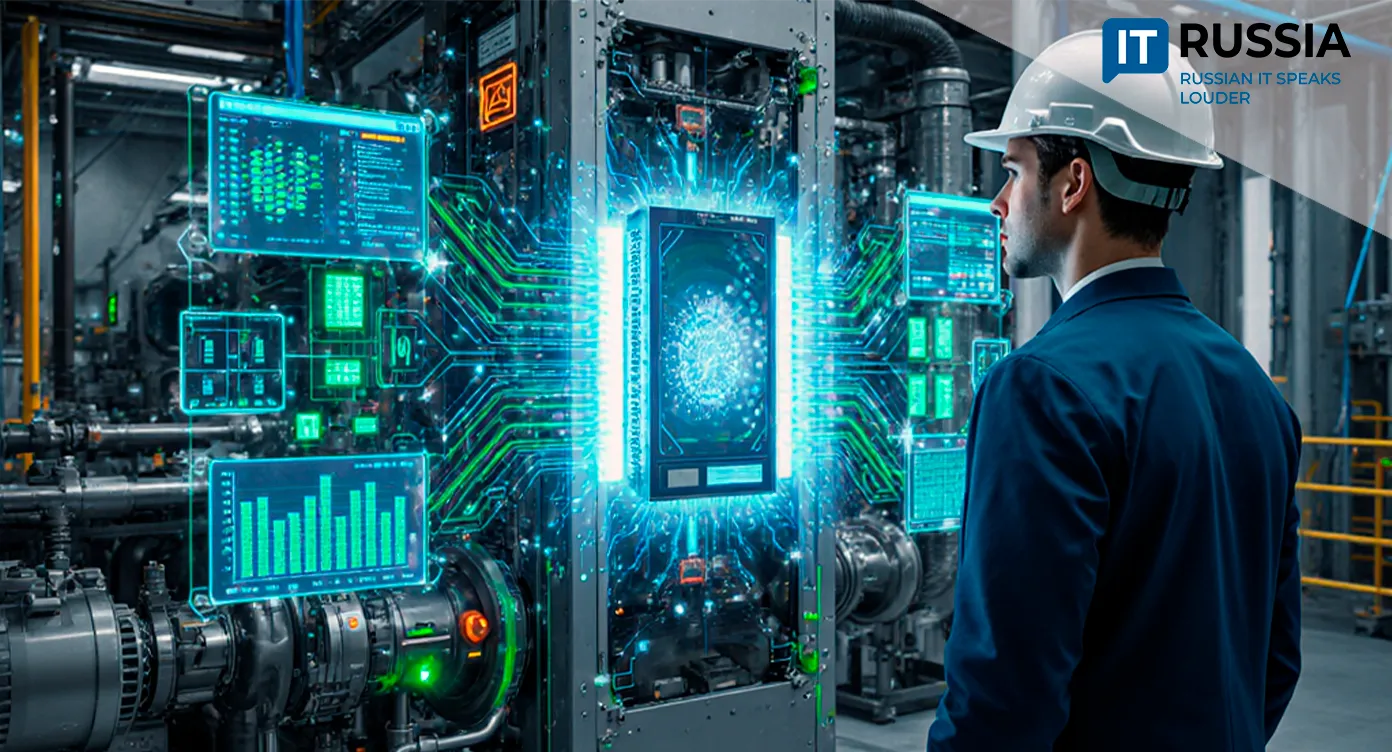Nuclear Alliance: Rosatom and China’s CNNC Sign Cooperation Agreement
Rosatom and China National Nuclear Corporation (CNNC) have signed a memorandum of understanding focused on workforce cooperation. The agreement lays the foundation for experience sharing in HR digitalization and the use of artificial intelligence for staff recruitment and training.
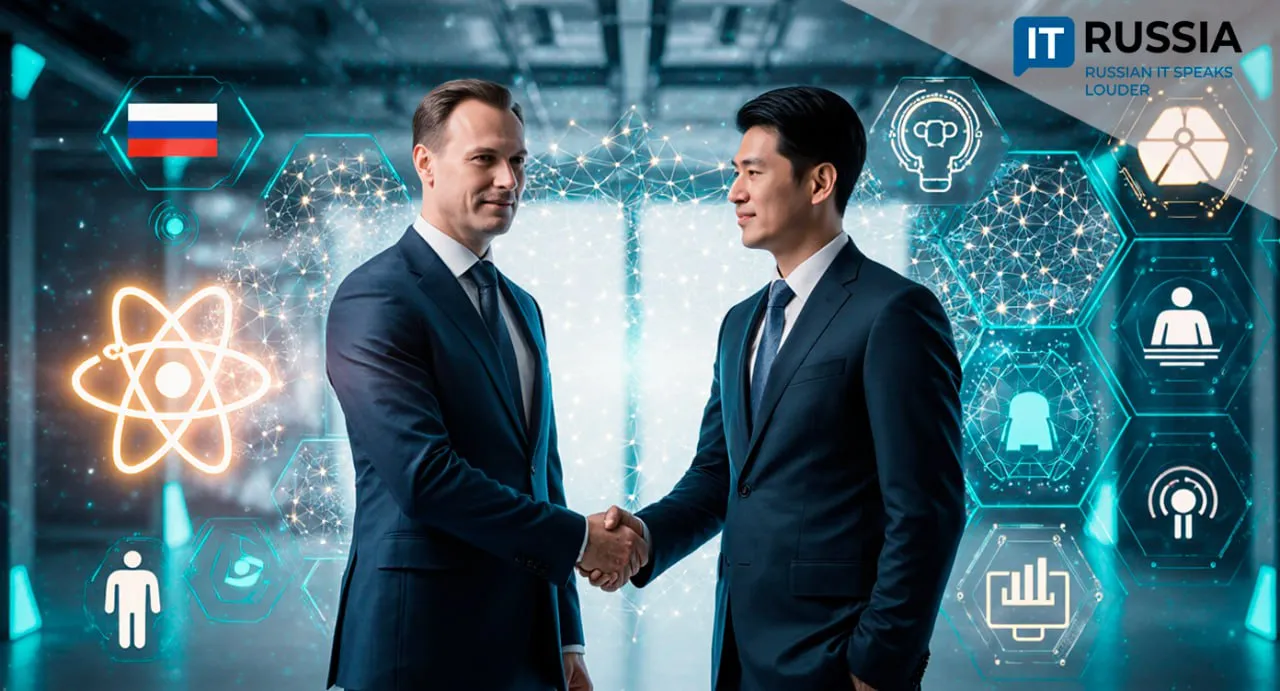
Three Joint Projects
The memorandum, signed by Tatiana Terentyeva, Rosatom’s Deputy Director General for HR, and Li Changyu, Acting Head of HR at CNNC, outlines cooperation in three areas: developing a human-centered approach to workforce training, digitalizing HR functions (electronic portals, LMS platforms, digital profiles), and deploying AI tools for recruitment and staff adaptation.
An additional block is dedicated to collaboration between youth and women’s professional communities, as well as interaction within the emerging BRICS nuclear platform.
Building the Workforce for a Critical Industry
Global competition for talent is intensifying. The shortage of engineers, digital specialists, and project managers is a pressing challenge for the nuclear industry worldwide. Working with the Chinese partner provides a triple benefit: access to a large talent pool, sharing best practices in training and retention, and faster deployment of digital HR tools.

The cooperation emphasizes a human-centered approach: individual development roadmaps, mentoring and coaching programs, flexible learning paths, and evaluation of “behavioral” competencies alongside technical skills.
Instead of relying on a standard set of courses, the partners will pilot personalized learning paths based on data analytics and AI recommendations. This is expected to improve recruitment accuracy and reduce training costs.
Digital HR and the Role of AI
The memorandum includes experience sharing in building digital HR infrastructure: a unified knowledge base, automated recruitment processes, virtual assistants for onboarding, performance evaluation systems, and lifelong learning platforms.

Artificial intelligence will be used to rank candidates by competencies, predict turnover risks, and personalize training plans. Such a technology stack reduces HR workload and accelerates employee integration into workflows.
Strategic Focus on Youth and Women
Both sides see youth and women’s communities as key talent sources and drivers of sustainable workforce growth.
Plans include joint schools, hackathons, exchanges for young specialists, and women’s accelerators designed to attract more engineers and managers. This will create broader opportunities for the development of women in both countries.
Roadmap and Practical Steps
In the coming months, the partners will prepare a roadmap that includes pilots for digital profiles and AI recruitment, intern exchange programs, joint training modules, and a set of standards for competency assessment. The initiative will also develop within the BRICS nuclear energy platform, giving it both scale and export potential.
Legal harmonization will be required—especially regarding the transfer of digital profiles and assessment results. Cultural and language differences will also demand efforts in international adaptation and bilingual training.
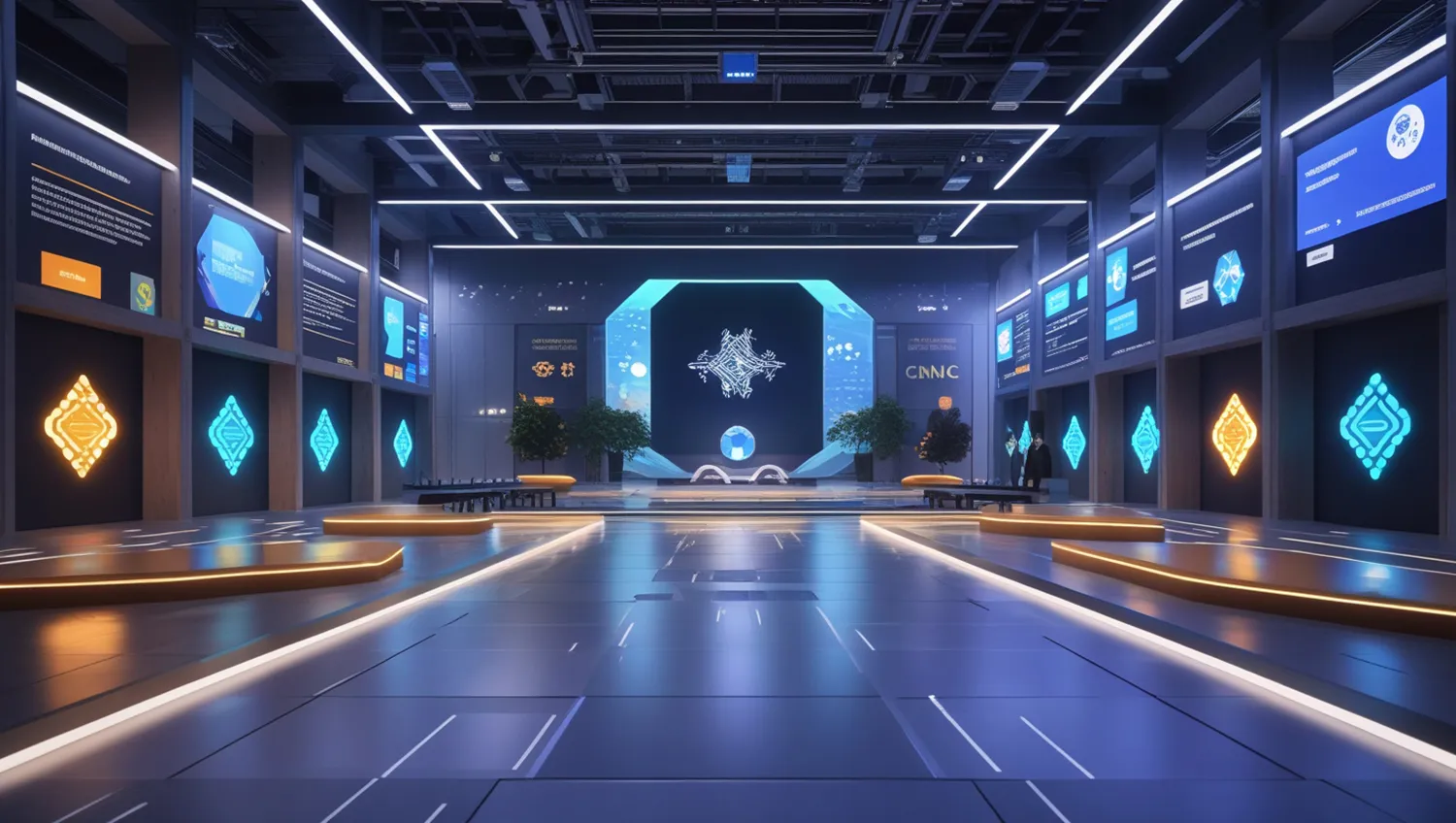
For Rosatom and CNNC, this memorandum marks a shift from bilateral contracts to strategic partnership, with a strong emphasis on people and their professional growth. In the long term, the nuclear industry will benefit from a stable flow of qualified personnel, while BRICS cooperation will open up new opportunities for international internships and scaling best practices.




